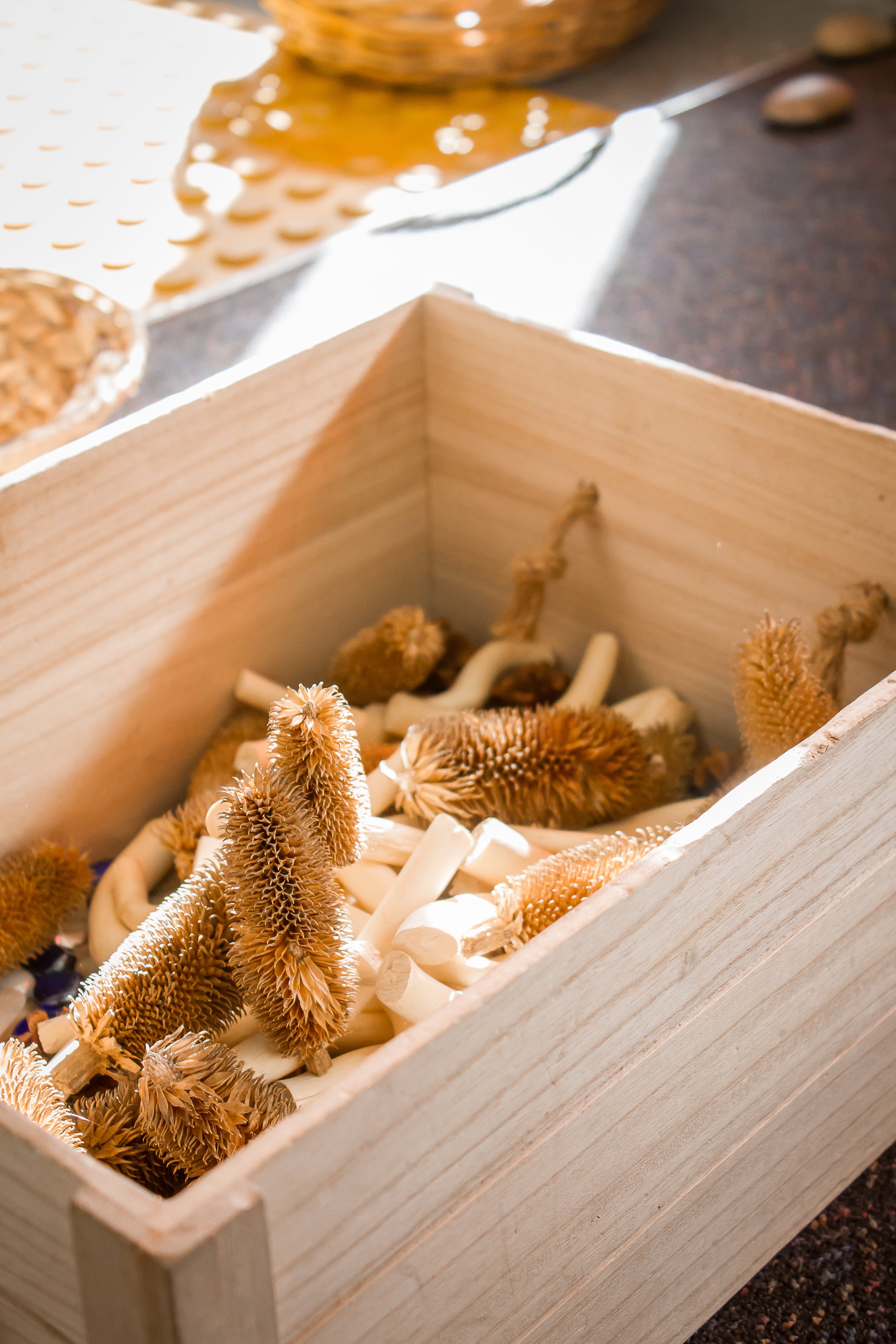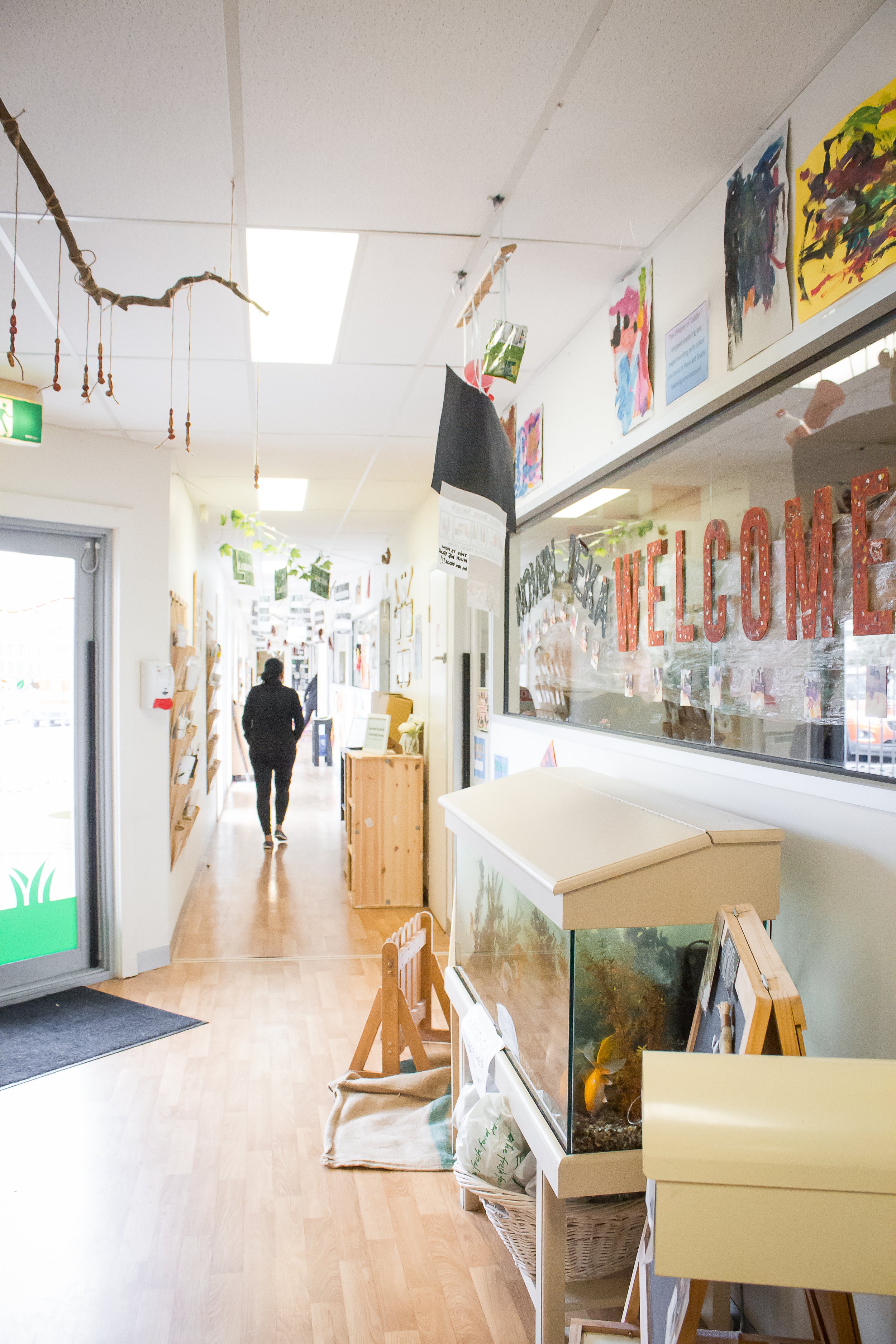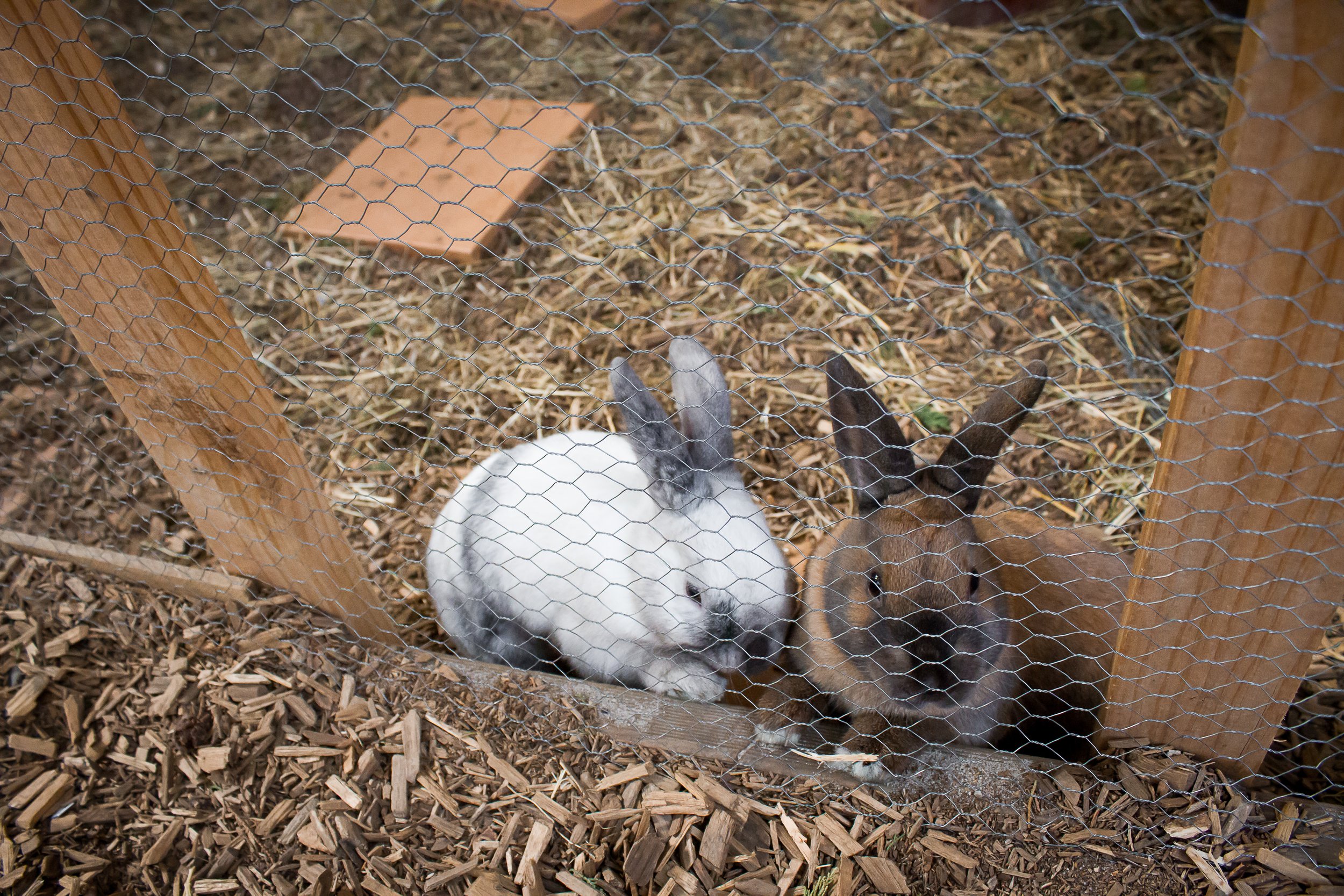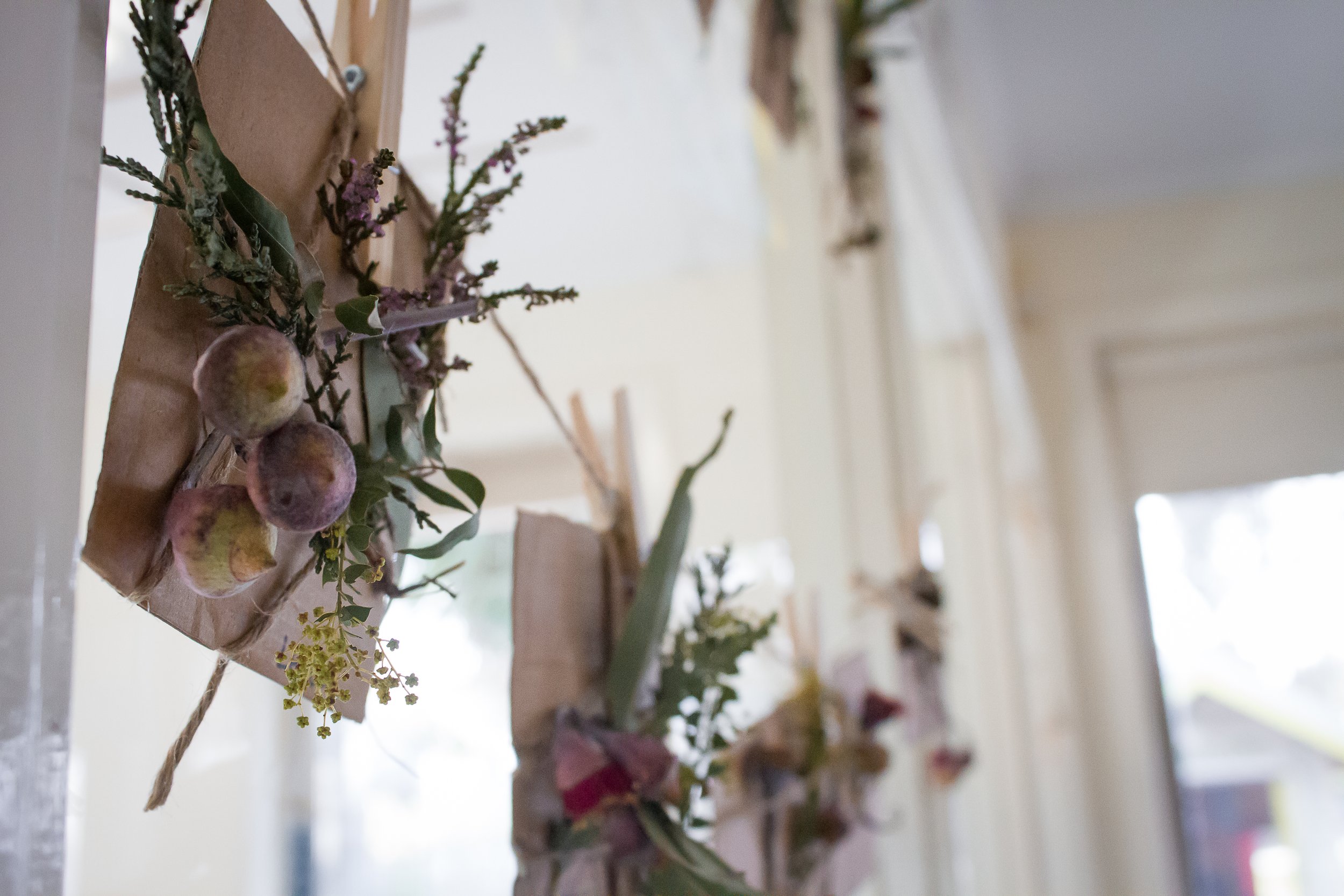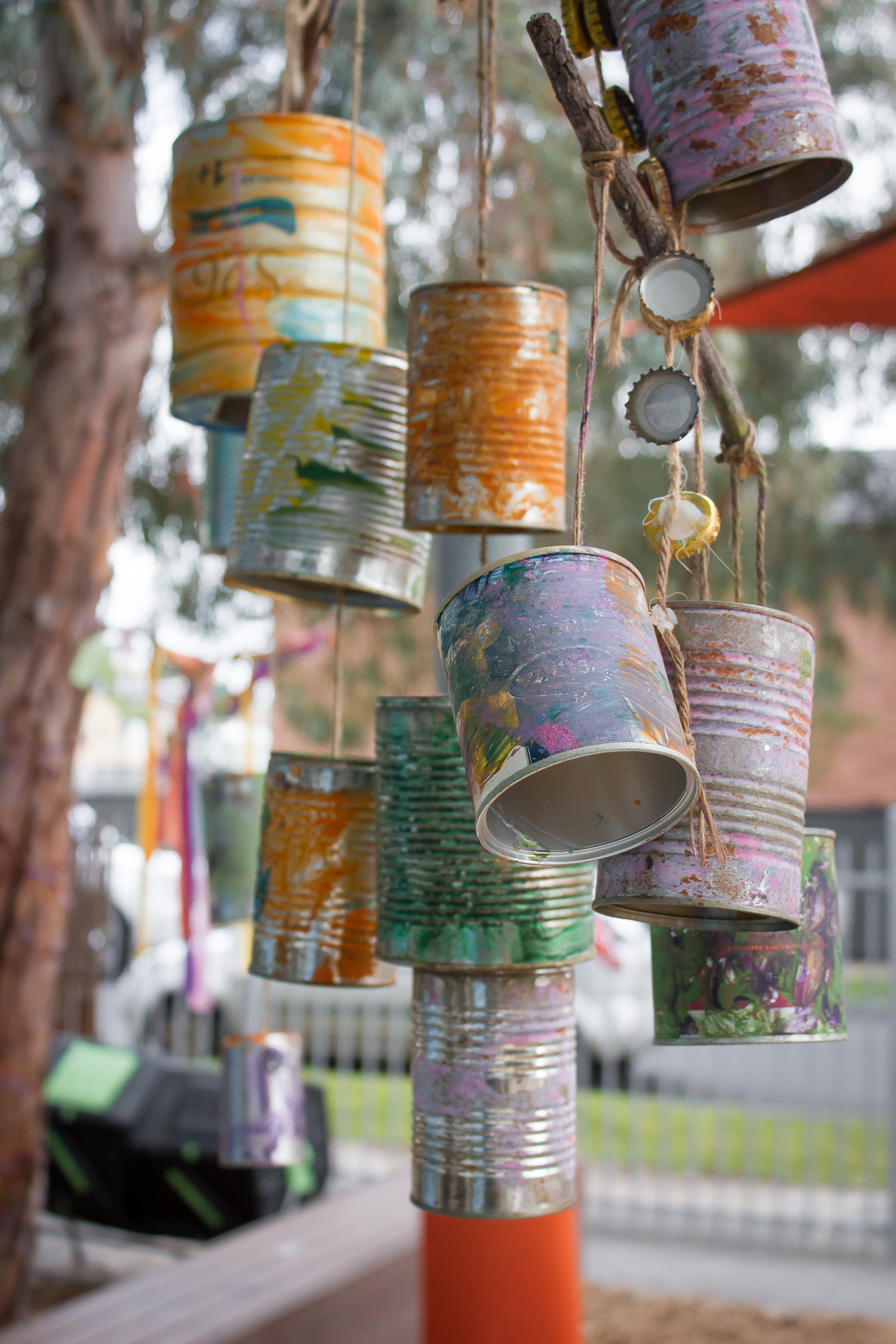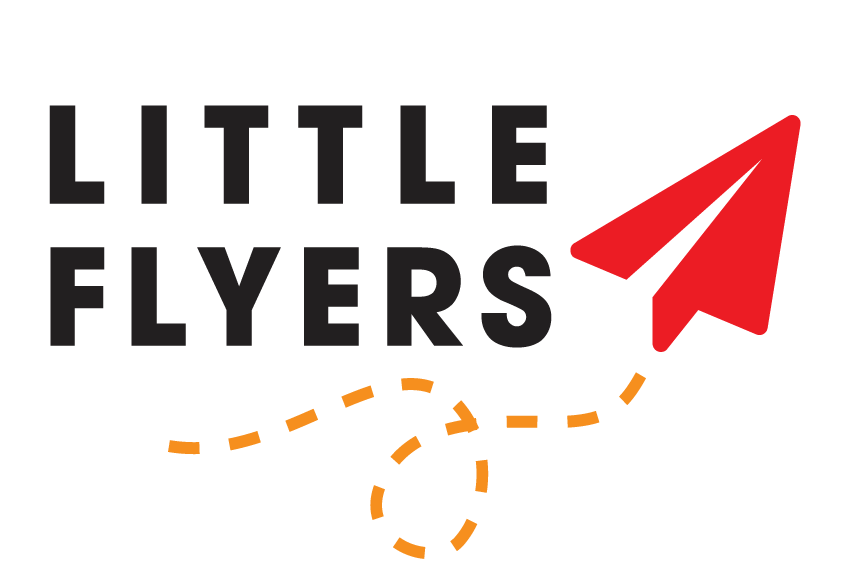Learning Environments
Creative Expression
Little Flyers affords children to have a hundred ways to express their ideas. Art is a means of self-expression and creativity, giving children opportunities to express how they feel and think. Through art experiences, children can explore their emotions and enhance their self-esteem as they feel proud of their work and creations. Creative expression is a valuable opportunity for children to develop knowledge of shape, colour, space and texture. Creative experiences, including music and movement, are a means of communication for all children.
Culture and Community
Little Flyers celebrates diverse cultural celebrations based on the contexts of the children and families at the Centres. We believe that all children develop connections and relationships with their communities and that everyone has the right to belong. Trusting and respectful relationships are the foundations of a child’s constructed identity. Exploring their role within relevant communities, children build and broaden their view of the world and their position in it. As their sense of identity increases, they begin to identify the roles of others and relate to them in understanding and respectful ways. Little Flyers acknowledges the traditional owners of the land, value diversity and strive to develop cultural competence and in the process, create a shared culture where everyone feels safe, included, respected and valued.
Excursions and Incursions
Excursions and incursions are one element of our specialist programs. Incursions include experiences such as farmyard visits, reptiles, sea creatures, insects and endangered species wildlife shows as well as music and dance programs. Our excursions may involve visits to the Melbourne Zoo, Melbourne Aquarium or Scienceworks, as well as regular community outings to local cafes, post office walks, and local school visits, all as part of our school readiness program.
Imaginative Exploration
Little Flyers values the children’s imagination and innovation and promote these values for children through learning experiences that offer opportunities for exploration, discovery and investigation. Imaginative play, or pretend play, is an important part of early childhood. Through pretend play, children develop an understanding of the world around them and connections between people and places. As children explore different identities through role play, children develop confident self-identities. Imaginative play encourages children to interact cooperatively, as they negotiate roles and relationships in group experiences.
Independance
Children need freedom to initiate ideas and experiences. We facilitate a range of choices and opportunities, allowing children to construct knowledge and understanding about themselves and the world around them. Children are recognised as capable individuals, encouraged to develop a keen sense of self. Many opportunities present themselves throughout the day for children to practice self-help skills and self-initiating behaviours. Supporting children to do these increase their feelings of being capable, belonging to a group and becoming independent. Through the everyday practise of self-help skills and decision making, children build confidence to try new things, learn patience and persistence when their first attempts are not successful and feel a sense of achievement and ownership as they master new skills.
Investigation and Discovery
Little Flyers understands that children learn best when they are interested, curious and motivated. A child’s natural desire to investigate should be nurtured in every curriculum area. Encouragement to question why and how and to see the magic in small things develops curious, persistent and imaginative dispositions for learning. Using all their senses, children should delight in making discoveries in natural and structured environments. This sense of wonder will encourage creative problem solving skills, where children use trial and error confidently to get different results and learn to analyse collected data to come up with solutions. Our educators strive to co-construct children’s knowledge through learning strategies such as play, inquiry, investigation and research.
Literacy and Numeracy
Little Flyers understands that children learn best when they are interested, curious and motivated. A child’s natural desire to investigate should be nurtured in every curriculum area. Encouragement to question why and how and to see the magic in small things develops curious, persistent and imaginative dispositions for learning. Using all their senses, children should delight in making discoveries in natural and structured environments. This sense of wonder will encourage creative problem solving skills, where children use trial and error confidently to get different results and learn to analyse collected data to come up with solutions. Our educators strive to co-construct children’s knowledge through learning strategies such as play, inquiry, investigation and research.
Nature and Sustainability
Little Flyers knows that children who are given the opportunity to play in natural environments begin to develop appropriate risk-taking skills, solve their own problems and use their senses to explore and develop a connection with the natural environment. Our Centres provide experiences for children from a young age to learn to be custodians of the planet. The natural environment provides many opportunities for children to engage their senses, evoke wonder and curiosity and enhance cognitive, physical, social and emotional development. As they begin to gain understandings of concepts like recycling and water conservation, children will be on the path to becoming responsible individuals for a sustainable future, developing an awareness of their impact on living things. Our Centres will endeavour to use both natural and recycled materials as regularly as possible to deliver our educational program.
